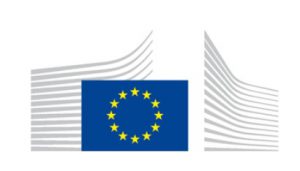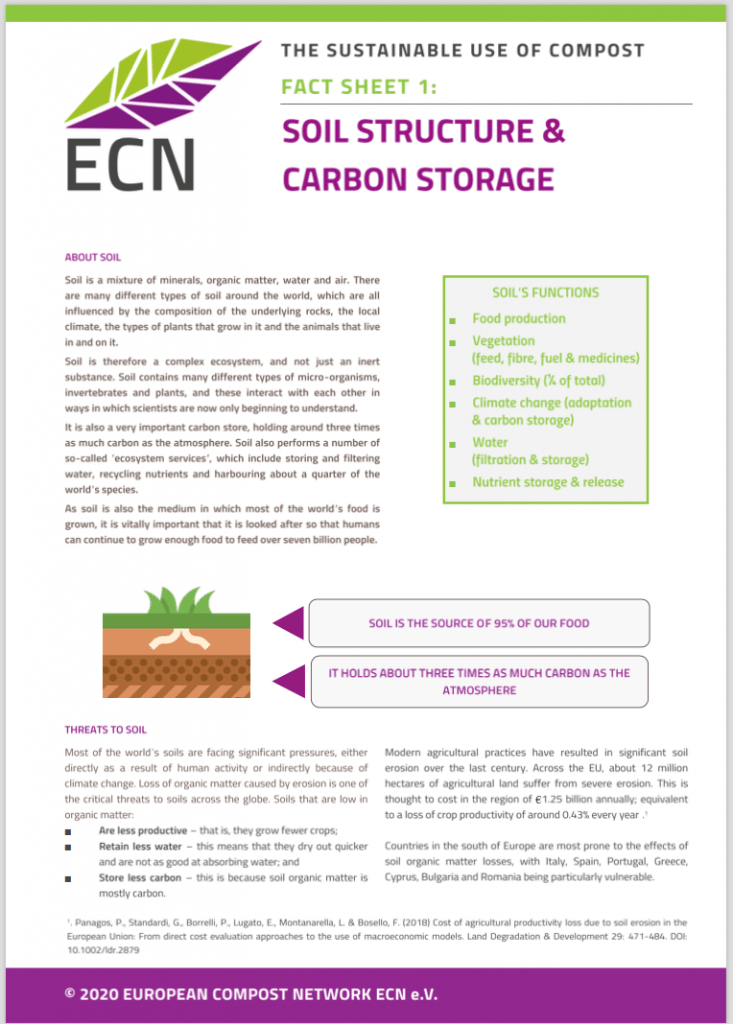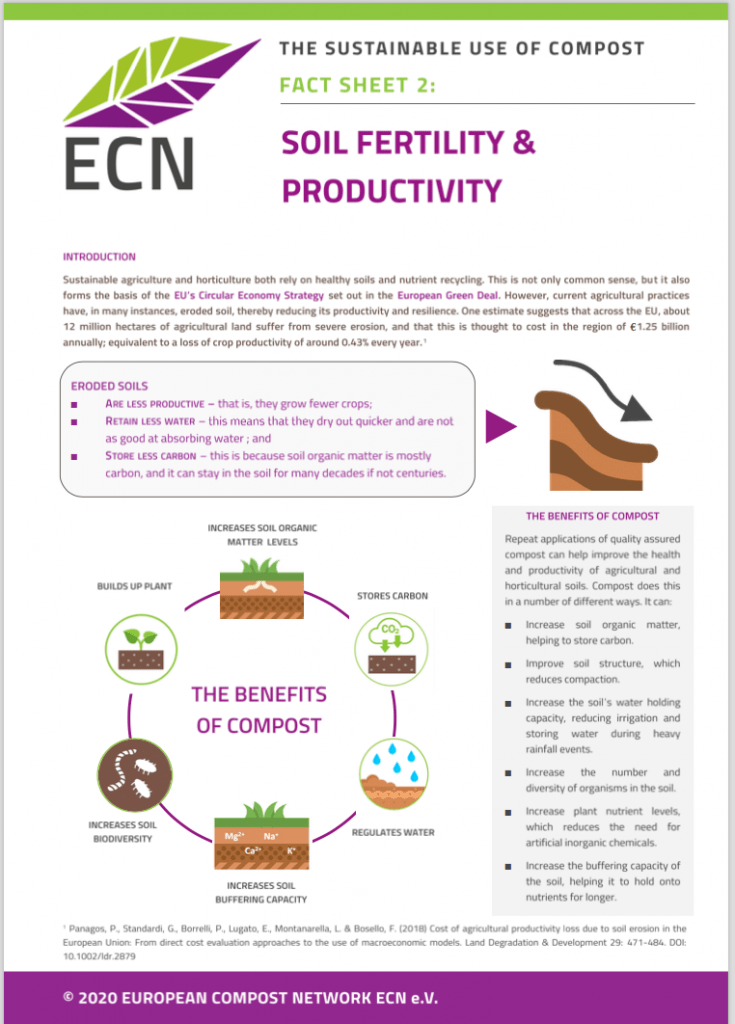|
 According the joint strategies on biodiversity and sustainable food system, Member States will define how to achieve the targets in their national CAP Strategic Plans. According the joint strategies on biodiversity and sustainable food system, Member States will define how to achieve the targets in their national CAP Strategic Plans.
The sustainability agenda of the CAP turns national, as the European Commission delegates Member States to design, plan and implement actions on their own. The joint strategies on biodiversity and sustainable food system set the goals, while Member States decide how to achieve them. This means that the Common Agricultural Policy will be less common than it used to be. Every Member State will allocate different resources to different strategies in order to fulfil different priorities.
Member States will define the measures to achieve the targets for 2030, which are:
- The use of chemical pesticides is reduced by 50%;
- At least 10% of agricultural area is under high-diversity landscape features;
- At least 25% of agricultural land is under organic farming management;
- The losses of nutrients from fertilisers are reduced by 50%, resulting in the reduction of the use of fertilisers by at least 20%.
The legislative process is not completed, and other changes may follow. The regulation that revises the Common Agricultural Policy is not adopted yet and it is unlikely that a compromise will be reached before the end of the next year. Member States will nevertheless prepare their plans that the Commission will evaluate them before the revised regulation is adopted.
More measures are included in the text of the joint strategies.
The full texts can be downloaded from the European Commission website at this link (biodiversity) and this link (sustainable food system).

European Compost Network
Two new factsheets on the sustainable use of compost published
The European Compost Network has published two new factsheets on ‘Soil Structure & Carbon Storage’ and on ‘Soil Fertility & Productivity’ in its publication edition on the ‘Sustainable Use of Compost and digestate’.
Soil Structure & Carbon Storage
This factsheet puts the focus on the benefit of regular application of compost in respect to the sequestration of high amounts of carbon dioxide from the atmosphere. Amongst other positive aspects of compost application which are highligthed in this paper the enrichment of soil-organic matter leads to improved soil structure and a higher level of soil microbiological activity. An estimation about Europe's potential for C-sequestration by recycling of bio-waste to high-quality compost illustrates the importance of this resource.
Soil Fertility & Productivity
The rising of the nutrient level is emphasized in the second factsheet. High-qualitity compost from bio-waste is described as a valuable resource for nutrients and has many other positive effects on soils. In this paper Europe's potential of fertiliser value derived by high-quality compost from bio-waste (in Euro) is estimated and shows the positive economic aspect by these figures.
Besides the links below, the factsheets are available for download in the 'publication' section on the ECN website and on the website of the S.O.S - Save organics in Soil-Initiative (Section: Documents).
Factsheet 1: Soil Structure and Carbon Storage can be accessed here.
Factsheet 2: Soil Fertility and Productivity can be accessed here.
 

Interreg North Sea Region Project Report
SOILCOM: From Waste to Resource
Beginning 2019 participants in 5 countries started to work on the project ‘SOILCOM’, a project granted within the Interreg North Sea Region. In the project, partners are active in the supply chain of compost, from collection of the waste till the application and effects of specific composts in the cultivation of vegetables, bulbs and other horticultural products.
The decrease of soil organic matter has been widely recognised as a major threat for sustainable soil management. Organic matter is crucial for many soil functions such as food and biomass production, carbon storage and filtering, as a biological habitat and for the gene pool. Compost is an important solution to the challenge to increase organic matter. The compost is produced from a diverse input of waste streams resulting in different composts with specific characteristics. The SOILCOM project dives into the subject of turning waste streams into resources. The objective is to gain and distribute new knowledge of waste streams that are suited for specific end products and how they influence soil characteristics and crops.
Please find a more detailed project report here.
For more information look at the website www.northsearegion.eu/soilcom

ECN ANNOUNCEMENTS
Save the dates
ECN Annual Meeting 2020 and EP breakfast debate
Due to Covid-19 we have postponed our Annual meeting until 12 October 2020. The ECN Annual meeting will take place in advance of the breakfast debate 'Save Organics in Soil - Sustainable Agriculture in a Circular Economy‘ hosted by MEP Franc Bogovic and MEP Elsi Katainen in the European Parliament on 13 October 2020.
Further information will follow soon. Please save the dates!

New Members
Welcome of new ECN members
We are happy to welcome five new European members that have joined the ECN Network during the last months:
Quanturi (Finland): Quanturi offers wireless sensor solutions and cloud services for bioenergy business and agriculture. Main application areas are temperature monitoring of composting processes and hay storages. (www.quanturi.com)
SYPREA (France): This is one of 8 trade associations of the French Professional Organisation representing the waste and resource management sector (FNADE). The SYPREA, with its 7 societies, supervise practices of recovery and return to the grand and application of bio-waste and sludges.
Grønn Vekst (Norway): This public-private ownership is active since 2000 in the field of bio and mineral residues-based growing media and crop-care production. Their vision is to provide innovative solutions for waste handling to create circular economy. (www.gronnvekst.no)
Musami (Portugal, Azores): MUSAMI is the waste organisation of San Miguel Island and it includes bio-waste treatment, recycling, compost production and landfill. They produce around 10.000 tons a year and it is certified for biological acgriculture. MUSAMI is also active in the field of environmental sustainibility education. (www.musami.pt)
Zdroje Zeme (Slovakia): This company was founded in 2016. It turns waste into value by processing biodegradable municipal waste (BDMW), industrial biodegradable waste (IBDW), waste from farming and animal production. On the output, it produces soil certified biochar-based pellet-sized soil-substrate. (www.effeco.eu)

Thanks to all waste managers!
We would like to thank all waste collectors and managers to keep the waste business running in this Corona crisis.
Keep your health and take care!
The ECN Team
|